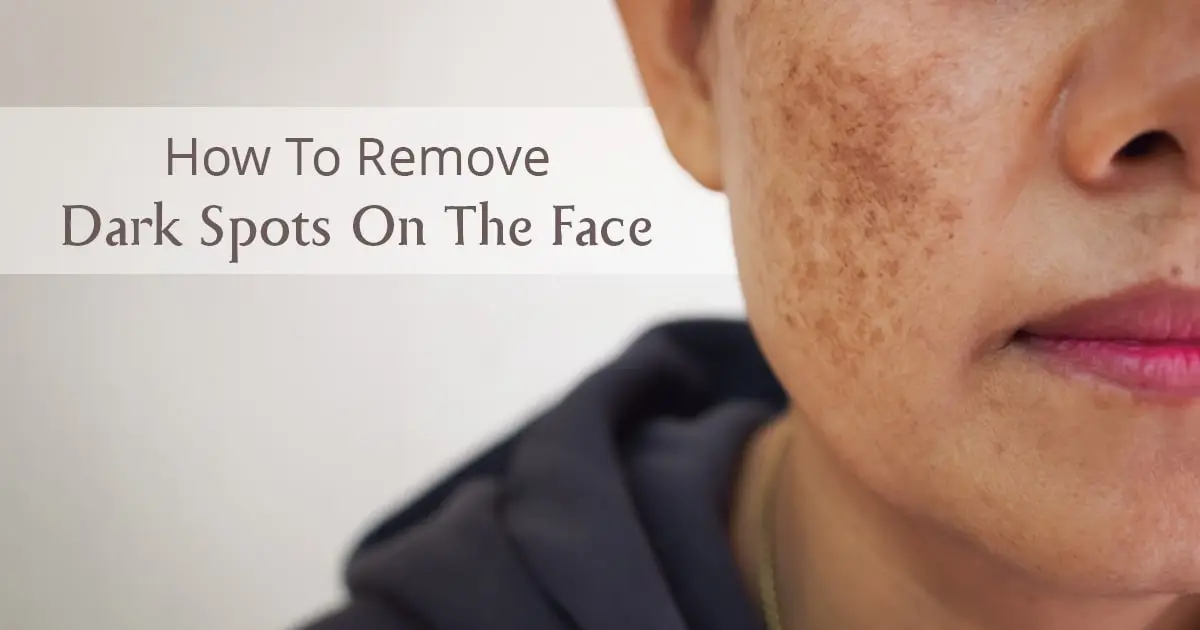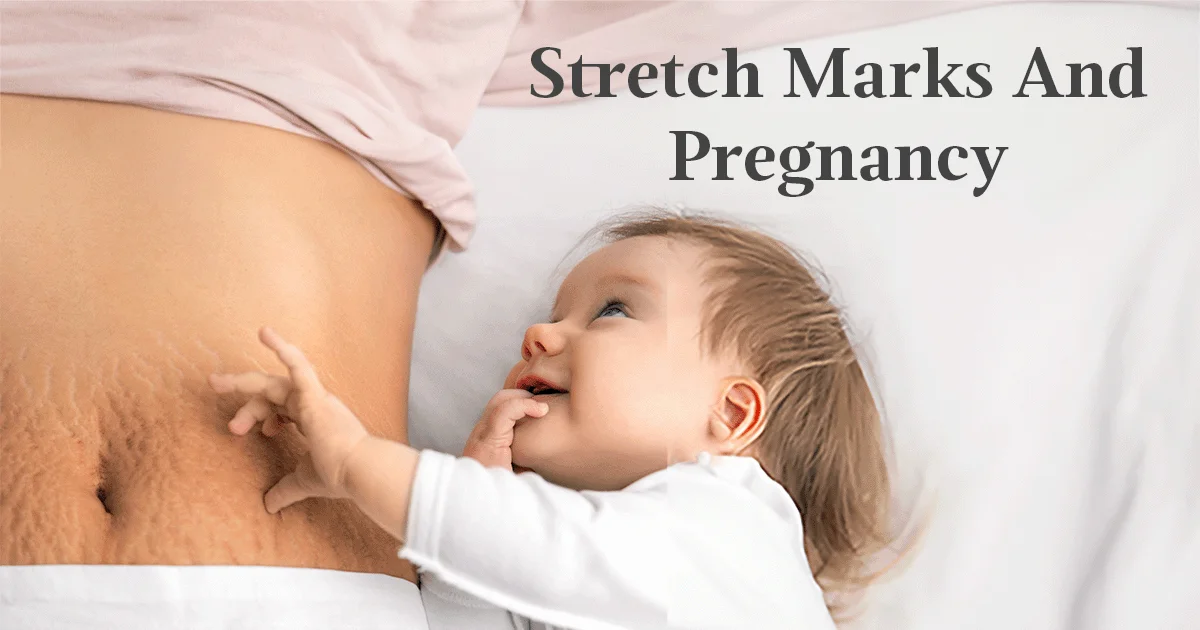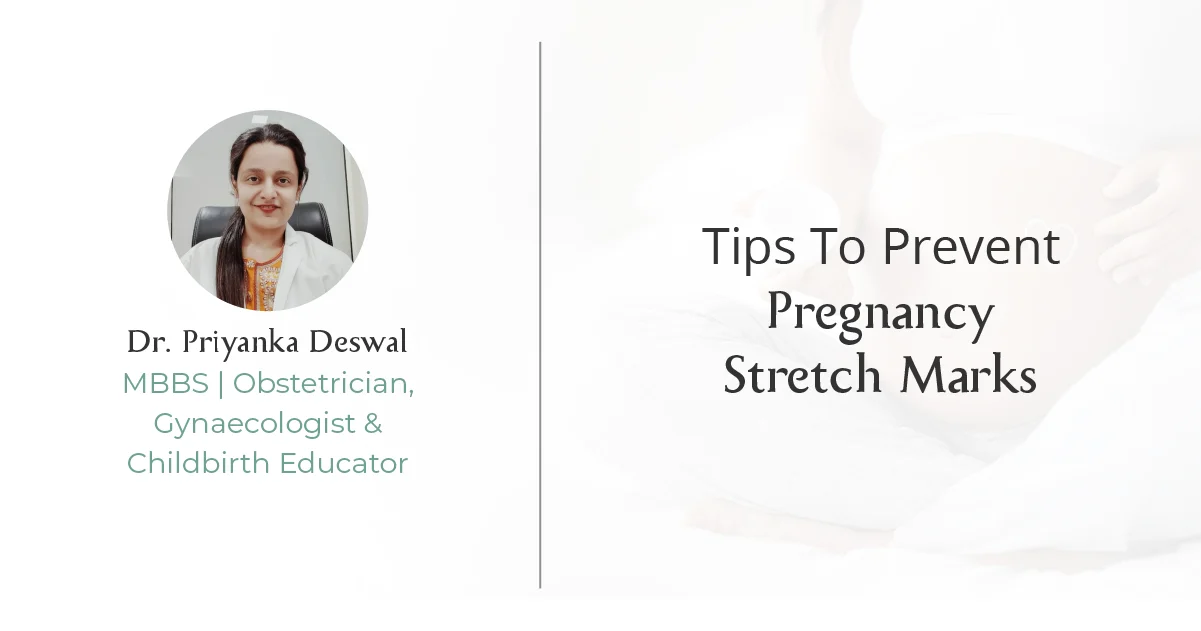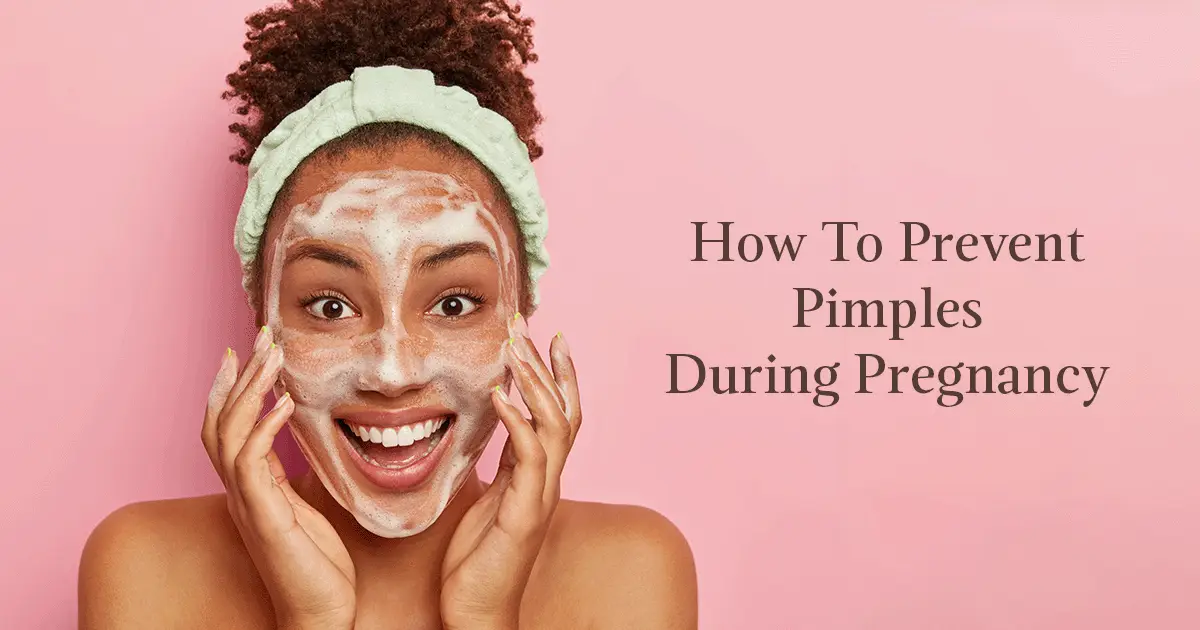
Music and poetry have romanticised the dark spots on the moon. But when it comes to our own faces, they still look and feel unwelcome. And while it is annoying to look at them staring back at you in the mirror, the good news is they are not unbeatable! So if you’ve been wondering how to remove these dark spots on the face, this blog is your answer. Here, we have explained all about the causes of these dark spots, their types and how you can effectively minimise their appearance.
So hop along as we take you on the ride to clear, spotless skin and a glowing face.
Post Contents [hide]
- What Are The Dark Spots On The Face?
- Dark Spots On The Face: What Causes Them?
- Types Of Hyperpigmentation
- How Is A Facial Dark Spot Diagnosed?
- How To Remove Black Spots From Face At Home?
- Medical Procedure For Removing Dark Spots
What Are The Dark Spots On The Face?
Dark spots on the face are tiny areas or patches of hyperpigmentation. They’re caused by the excessive production of melanin—the same pigment that imparts colour to your hair and eyes.1 These dark spots tend to make your facial complexion appear uneven. But you must understand their causative factors, in order to manage or get rid of them.
So let’s check out what causes these dark spots.
Dark Spots On The Face: What Causes Them?
There could be quite a few causes behind the dark spots on your face. They include:
Acne
When an acne or a pimple heals, it leaves behind patches of pigmented skin—called dark spots. In many cases, these spots that are left behind after an acne heals, cause more of a cosmetic concern, than the actual acne.1
Eczema
Dark spots can also result after an eczema heals. When the skin affected by eczema starts getting better, it triggers excess melanin production. Also known as post-inflammatory hyperpigmentation, these dark spots can linger around for months.1
Skin Injury
When your skin starts to heal after an injury resulting from cuts, burns or other trauma, it triggers the melanin-producing cells in your skin, resulting in dark spots. The darker the skin colour, the worse the pigmentation!1
Sun Exposure
Your body produces excess melanin in order to protect itself from sun exposure. While this generally manifests as a suntan, an uneven deposition of melanin in certain areas can result in patches or spots of darkened skin.5
Hormones
Excess production of estrogen and progesterone hormones can also cause dark spots on your face. The problem is often exacerbated by sun exposure.6
Pregnancy
Pregnancy can also cause a surge in hormonal levels, often resulting in dark spots or patches called melasma. It usually affects women in their second or third trimester. Exposure to heat and sunlight can cause your melasma to get worse.7
Medications
Sometimes, medicines can also cause dark patches or spots on the face or other parts of your body. The possible drug classes include:8
- Oral Contraceptives
- Hormonal Pills
- Antimalarials
- Chemotherapeutic Agents
- Nonsteroidal Anti-Inflammatory Drugs (NSAIDs)
- Antipsychotics
- Amiodarone
- Anticonvulsants
- Minocycline
It’s also worth mentioning that the intensity of these dark spots is usually greater in people with darker skin tones.
Types Of Hyperpigmentation
Hyperpigmentation can be of several types such as:
Melasma
As mentioned earlier, hormonal fluctuations at the time of pregnancy usually cause this type of hyperpigmentation. It’s sometimes called the ‘mask of pregnancy’ because of the symmetric areas of dark patches on either side of the face.7
Liver Spots
Liver spots are flat, circular or oval patches of dark skin that can range in size from 1/4th to 1 centimetre. Also known as age spots, sun spots and solar lentigines, these liver spots have no connection with your liver whatsoever.9
Ephelides
Commonly called freckles, these are tan spots that are mainly present in white Indo-European kids. Ephelides are a genetic trait and the kids inherit it from their parents.10
Post-Inflammatory Hyperpigmentation
These are the dark spots that occur after an injury or an inflammation. Post-inflammatory hyperpigmentation usually follows an injury, burns, cuts or an allergic reaction. And sun exposure usually worsens the pigmentation.
Maturational Hyperpigmentation
Maturational hyperpigmentation is a condition where skin darkening gradually occurs over time. So the pigmentation usually appears during adulthood on the sides of your face and can result from long-term sun exposure or some metabolic disease.11
Periorbital Hyperpigmentation
These are dark circles that appear around the eyes. Sun exposure, genetics, certain drugs, and hormones are a few common factors responsible for causing the pigmentation around the eye region.11
How Is A Facial Dark Spot Diagnosed?
Your doctor usually diagnoses dark spots during a visual examination by looking closely at your face or observing it under a Wood’s lamp. They’ll also ask questions about your medical history. Sometimes, they might even ask you to undergo blood tests or a biopsy to rule out other possibilities (like cancer).
How To Remove Black Spots From Face At Home?
A few simple ingredients in your kitchen or backyard can do the trick when it comes to dealing with dark spots. These include:
Saffron
Saffron, a widely popular spice, has made its way into skincare, thanks to its anti-inflammatory and skin protective properties. Studies have shown that it can help in the treatment of skin pigmentation and dark spots. So adding saffron into your face pack can surely help you improve your dark spots.13
Besan
The Zinc in besan or chickpea flour possesses wound-healing and skin-lightening properties. So don’t forget to use it as part of your glow ritual.14
Licorice
Licorice acts as a natural skin-brightening agent. It possesses anti-inflammatory properties and protects the skin against free radicals and UV damage. So try incorporating licorice into your skincare routine in order to reap its skin-brightening benefits.15
Aloe Vera
Aloesin, derived from the Aloe vera plant, also exhibits anti-pigmentation effects on the skin. So if you’re suffering from dark spots, you can start applying Aloe vera gel on your face to get visible results.15
Coconut Milk
The rich fatty acid profile and presence of natural antiseptics in coconut milk, make it an excellent candidate as a home remedy for clear, soft and glowing skin.
Turmeric
Turmeric is almost synonymous with glowing skin and we have all ‘heard’ about its skin-brightening effects. But do you know that there are actual studies showing that it can not just combat hyperpigmentation but also improve fine lines and wrinkles?15
Coffee
Another star ingredient in the league of pigmentation fighters is coffee. Research shows that caffeine in coffee can help address wrinkles and hyperpigmentation, especially around the eyes. So adding some coffee powder to your homemade eye mask should surely be rewarding!
Medical Procedure For Removing Dark Spots
In addition to natural remedies, some medical treatments can effectively target and reduce dark spots on the face, particularly those that are resistant to topical treatments. These treatments are typically prescribed for more stubborn pigmentation and when results are desired within a shorter period.
-
Laser Therapy
Laser procedures, including fractional lasers or Q-switched lasers, work by targeting the pigment in the skin. The laser energy breaks down the melanin, which is then naturally absorbed by the body. This method is highly effective for deep pigmentation like melasma or post-inflammatory hyperpigmentation. Studies have shown that laser therapy can significantly lighten dark spots and even out skin tone. 18
-
Chemical Peels
Chemical peels use a chemical solution to remove the outer layers of skin by exfoliating, lightening the dark spots as it stimulates the growth of new, healthy skin. Glycolic acid, Salicylic acid or TCA (trichloroacetic acid) peels are among the most popular chemical peels, which can enhance the texture and tone by sloughing off the damaged skin cells, revealing a brighter complexion.18
-
Microneedling
Microneedling involves tiny needles that puncture the skin, stimulating collagen production and promoting skin renewal. This procedure helps break down the pigment and encourages new skin growth. It can be particularly effective for treating hyperpigmentation due to acne or sun exposure.18
-
Topical Prescription Medications
For persistent dark spots, dermatologists can prescribe topical creams such as hydroquinone, retinoids, or corticosteroids. Hydroquinone reduces melanin production to lighten the skin, while retinoids stimulate quicker skin turnover, both helping to reduce the appearance of dark spots over time.18
While these procedures can provide faster & more significant results, they must always be done under the care of a licensed dermatologist. This helps minimize risks such as post-inflammatory pigmentation changes, erythema, burns, and irritation.18
Proper professional guidance ensures optimal outcomes while keeping your skin safe throughout the treatment process.
How To Deal With Pregnancy-Related Dark Spots?
Pregnant women with dark spots can try one or more of the home remedies we mentioned above. With consistent use, those ingredients can deliver promising results. But if you need to see improvements within a month, you can try AreoVeda’s Skin Brightening Serum. The serum is infused with natural ingredients like Bakuchiol which minimises the appearance of dark spots and coffee that targets hyperpigmentation. Formulated specially for pregnant women and new moms, it combats all the signs of skin dullness, dryness and dark spots, giving visible results in just 28 days. Also, it’s free from all kinds of toxins, and harsh chemicals and is tested on lab-grown human skin cells for proof of safety and efficacy.
P.S: AreoVeda is India’s 1st skincare brand to have been certified by the EWG and ECOCERT!
What Steps Should Be Taken To Avoid Dark Spots?
To avoid dark spots, you must take care of the following:
- Avoid the harsh sun i.e. between 10 am to 2 pm.
- Strictly apply sunscreen when stepping out and repeat after sweating, swimming or washing your face.
- Wear physical protection like a hat or scarf to shield your face from the sun.
- Address the specific cause of your dark spots as soon as possible and follow a good skincare routine.
- Only use products labelled as natural, gentle and toxin-free. Some of the harsh ones can cause irritation or inflammation which might lead to dark spots.
When To Consult A Doctor?
While most of the dark spots are harmless, there’s a small possibility that they could indicate a deeper problem (sometimes cancer). So if you’re worried, get them checked with a dermatologist. Addressing these spots can also help you feel more confident in your skin!
Conclusion
We hope the blog helped you build a better understanding of the causes and types of dark spots. And you now have the answer to ‘how to remove dark spots on the face’. While most dark spots are caused by excessive melanin production, you can improve them by following simple home remedies and using sun protection. Also, ensure that the skincare products you’re using are gentle and certified to be safe and toxin-free.
FAQs
Q1) Can Dark Spots Be Removed Naturally?
Simple face masks made of natural ingredients like besan, aloe vera gel, turmeric, etc may help improve the appearance of dark spots.
Q2) Do Pimples Leave Dark Spots?
Yes. Once the pimple heals, it leaves behind areas of hyperpigmentation or dark spots which can last for long periods.
Q3) How To Remove Dark Spots During Pregnancy?
You can try using AreoVeda’s Skin Brightening Serum, specially formulated for pregnancy and post-pregnancy dark spots, which gives visible improvement in just 28 days.











